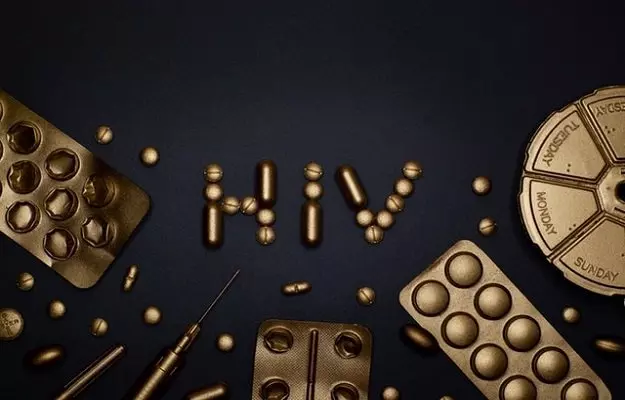HIV/AIDS is an infection caused by the Human Immunodeficiency Virus. The virus attacks and weakens the person’s immune system, making them prone to opportunistic infections - infections that are less likely to affect or cause serious complications in healthy individuals.
Since immunocompromised people are said to be most at risk for the severe symptoms of COVID-19, it is only natural to worry if you are HIV-positive or have HIV/AIDS (or if a loved one has any of these health conditions).
Remember that HIV-positive people can live a long life with their medicines. Doctors were even considering the use of antiretroviral HIV drugs lopinavir boosted with ritonavir for treating COVID-19 at one point. (Albeit, the studies were small and conducted with participants who were HIV-negative.)
That said, you are right to wonder if HIV patients are affected by COVID-19 to the same extent as those with lung disease or heart disease. And if there is anything specific an HIV patient needs to know about COVID-19 or any special prevention steps that they need to take.
Here is what is known so far about the impact of COVID-19 on HIV patients.






























